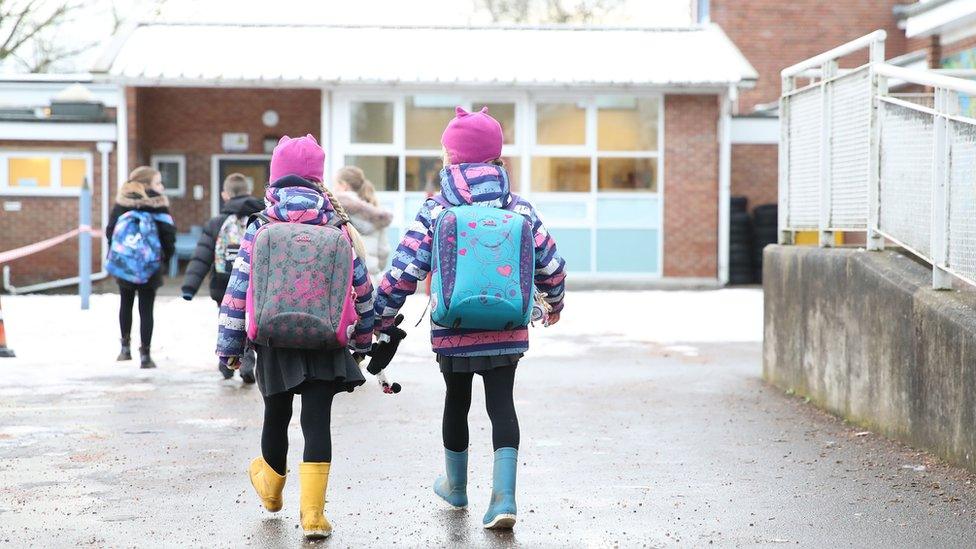England lockdown: Your questions answered about the new rules
- Published
- comments
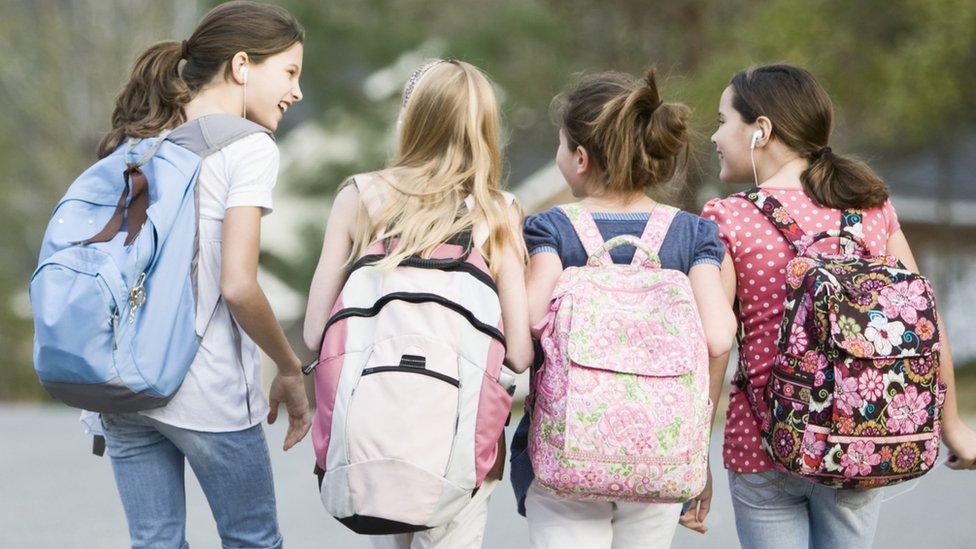
Things have been very different for a while - but the prime minister has announced his plans for easing lockdown rules in England
Plans for easing lockdown rules in England have been announced by the prime minister.
Boris Johnson has outlined four steps which will gradually relax the current restrictions, as long as the virus is kept under control.
Lots of you have got questions about what the new rules are and what they mean for you.
We have tried to answer some of them here, but let us know in the comments if there's something you want to know about.
When can I go back to school?
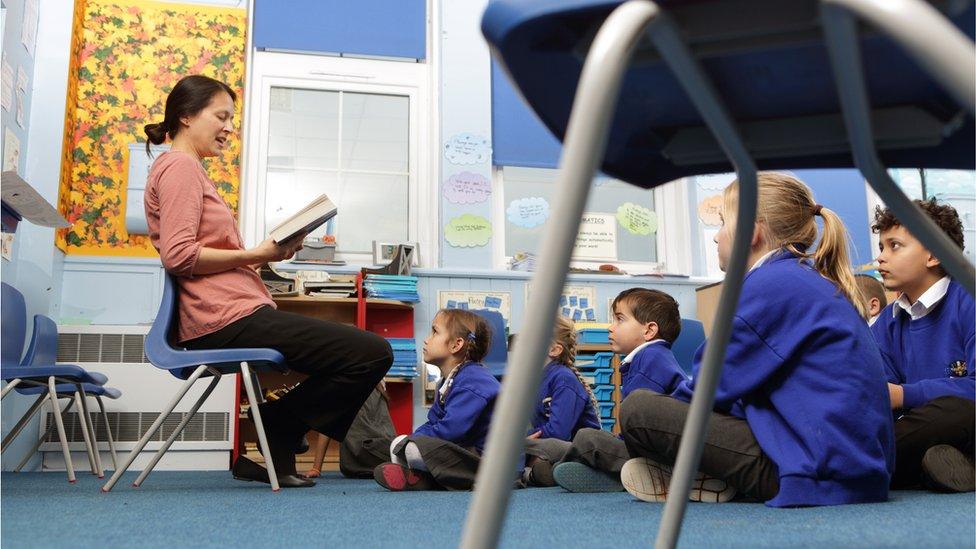
On Monday, the UK prime minister announced all schools in England will reopen on 8 March and that all students in secondary schools will be tested twice a week under the new rules.
Boris Johnson said: "All evidence shows schools are safe."
Elsewhere in the UK, it depends on where you live and your age.
In Northern Ireland, ministers have said most pupils will not return to school until Monday 8 March.
If you live in Scotland and are in primary school, you may already be back in the classroom as there is a "phased return" happening, which means children aged four to seven, plus some secondary pupils, returned to school on 22 February.
For children in Wales, schools have already opened for children between the ages of three and seven. First Minister Mark Drakeford is expected to make an announcement on other year groups on Tuesday.
Can I meet up with friends and family?
At the moment only two people from two households can meet outside for exercise in England. From 8 March the current rules will change slightly, meaning two people can meet outdoors socially, for example for a picnic.
The full stay-at-home lockdown in England will officially end on 29 March, so the strictest restrictions remain in place until then, for example people can only make essential journeys including going to school.
However, after 29 March, up to six people or two households will be allowed to meet in an outdoor space, for example a garden or park. Social distancing rules must still be followed.
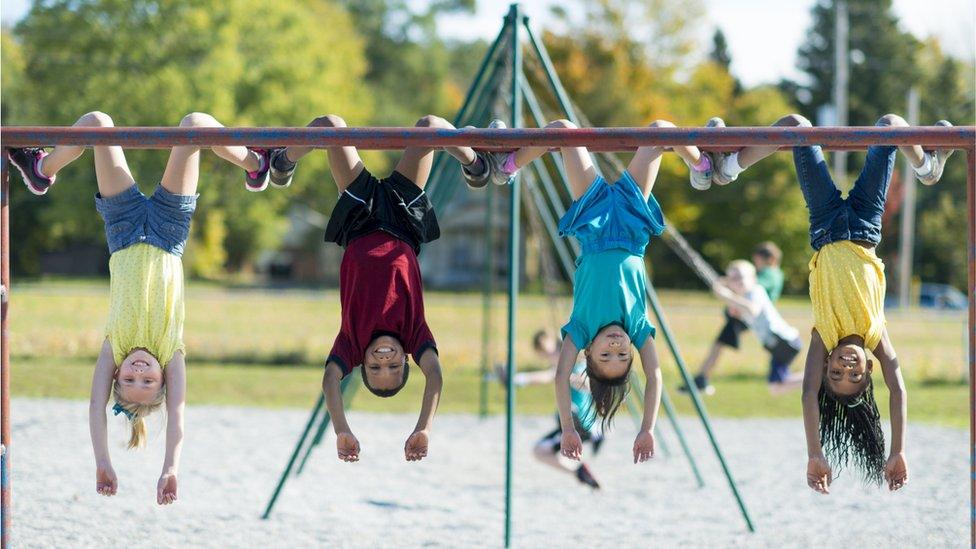
From 17 May, and only if there are no substantial increases in people being severely ill and needing hospital treatment, you will be allowed to legally see friends and family indoors, but only two households at a time.
Can I go to my after-school club?
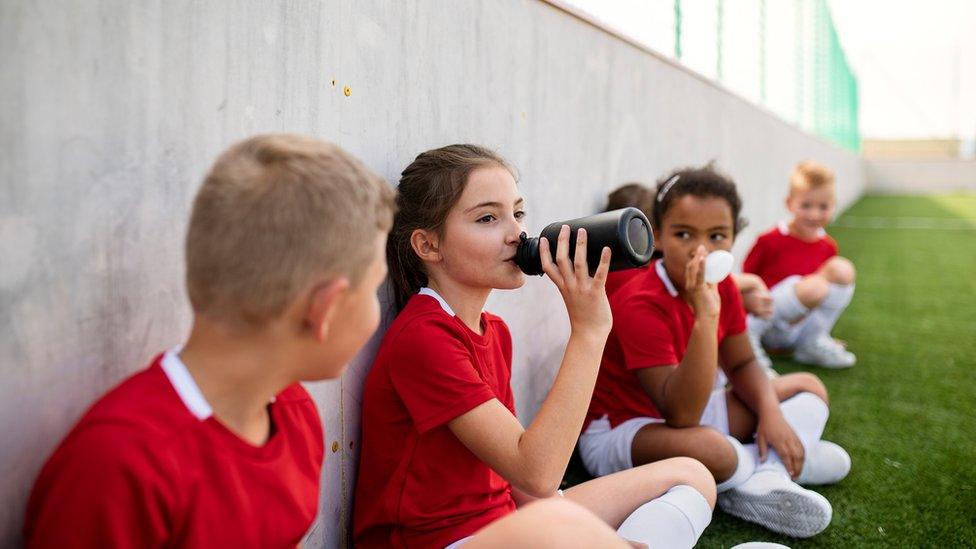
Sports and other after-school clubs will be back soon!
Breakfast and after-school clubs can also start again in England from 8 March, as well as other children's activities such as sport.
It may depend on your particular club and the kind of activity you are doing so it's a good idea to ask your parent or carer to double check.
Will I have to wear a mask at school?
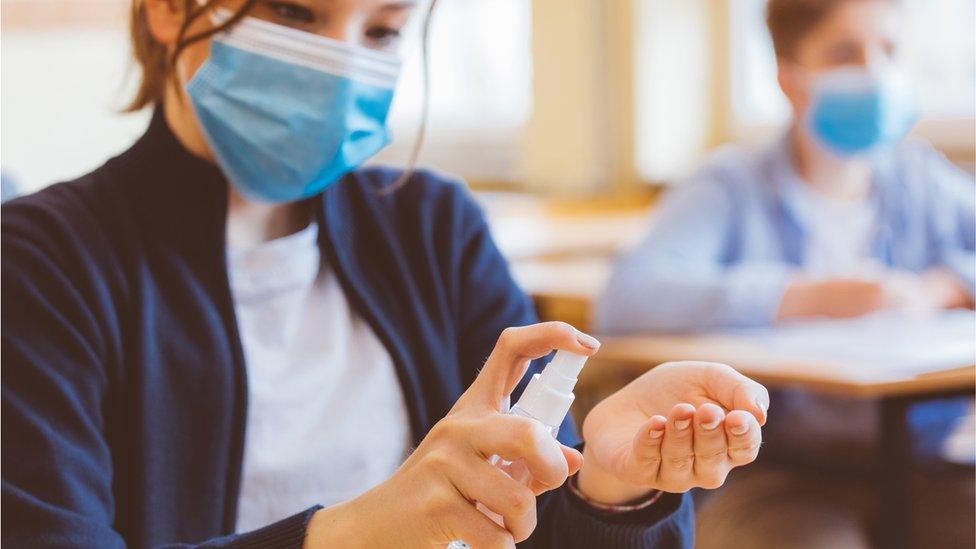
Keeping your hands clean will remain an important part of everyday life
The government has recommended all secondary school pupils should wear masks or face coverings in all indoor environments, including classrooms, unless two-metre social distancing can be maintained.
There is currently no need for primary school pupils to wear face coverings, but many of your teachers and school staff will be doing so.
Secondary pupils who are medically exempt do not need to wear face coverings.
Can I have a birthday party soon?

We can almost taste the birthday cake!
If you or someone you know has a birthday before 21 June, they'll likely have some form of restriction on the celebrations.
But don't worry - there are still plenty of ways to celebrate safely!
In England from 29 March, the rule of six will come in which means up to six people can get together or two households can meet. The gatherings need to be outdoors and social distancing rules must be followed - but this means you could have a small birthday party in your garden if you have one or in the park.
Can I go to the zoo, cinema or a theme park?
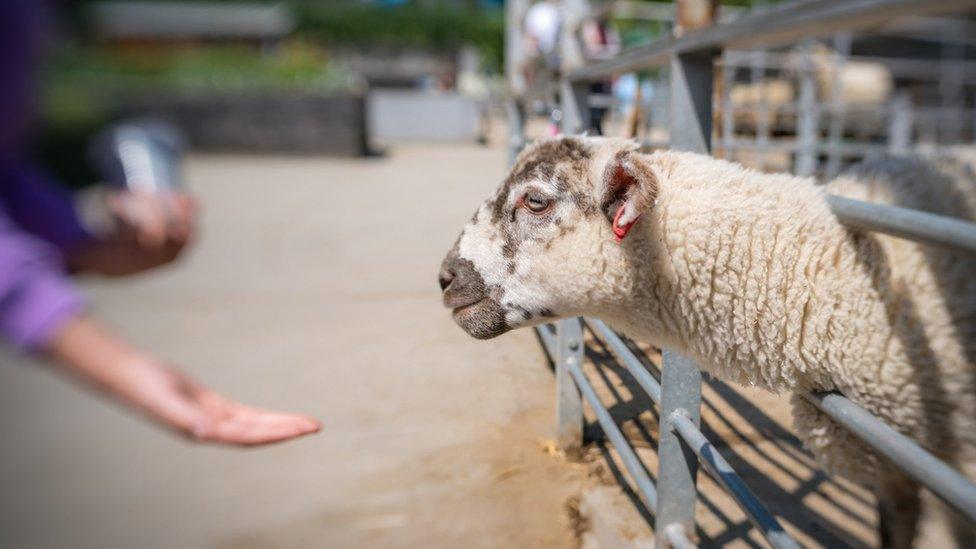
Not yet. Zoos and theme parks will reopen in England no earlier than 12 April, and only if the virus is kept under control.
Outdoor drive-in cinemas are also planned to reopen then, but indoor cinemas won't open earlier than 17 May.
Can I go on holiday?
At the moment, holidays aren't allowed. But the government's plan is for overnight stays away from home in England to be allowed from 12 April, as long as it's in self-contained accommodation that's used by only one household.
The earliest date when hotels can reopen is 17 May.
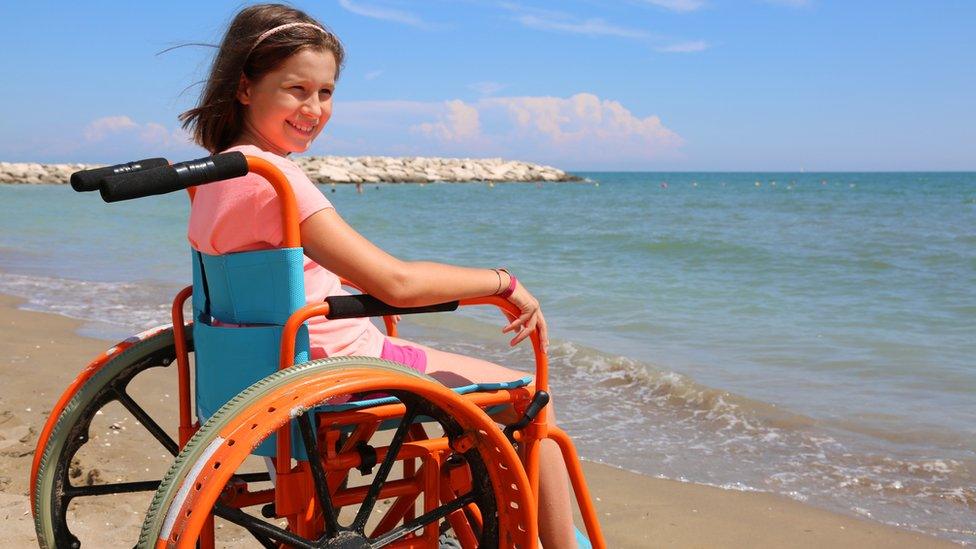
In England, travel abroad for holidays isn't allowed right now, but if the government's 'roadmap' for relaxing the rules goes to plan, then international travel could be allowed from 17 May at the earliest.
There are a lot of factors that will determine if people will be allowed to travel abroad again, for example the progress of vaccine rollouts in the UK and in other countries.
Will my parents go back to work?
People in England are still being advised to work from home where they can.
Many adults, such as healthcare workers, delivery drivers, supermarket workers or bus drivers are not able to do their jobs from home and have been continuing to go to work throughout the pandemic.
As more shops and non-essential businesses are allowed to reopen, more and more adults will be able to return to work.
What are the rules elsewhere in the UK?
There are different rules in different parts of the UK.
In Wales, First Minister Mark Drakeford has announced minor easing of restrictions and has said he hopes the "stay-at-home" requirement can end within three weeks.
In Scotland, the government hopes to publish a route out of lockdown in the coming week.
Northern Ireland has extended its lockdown until 1 April, with a review of current measures on 18 March.
If you have a question, let us know using the comments section below, and we will do our best to answer as many as possible.
- Published22 February 2021
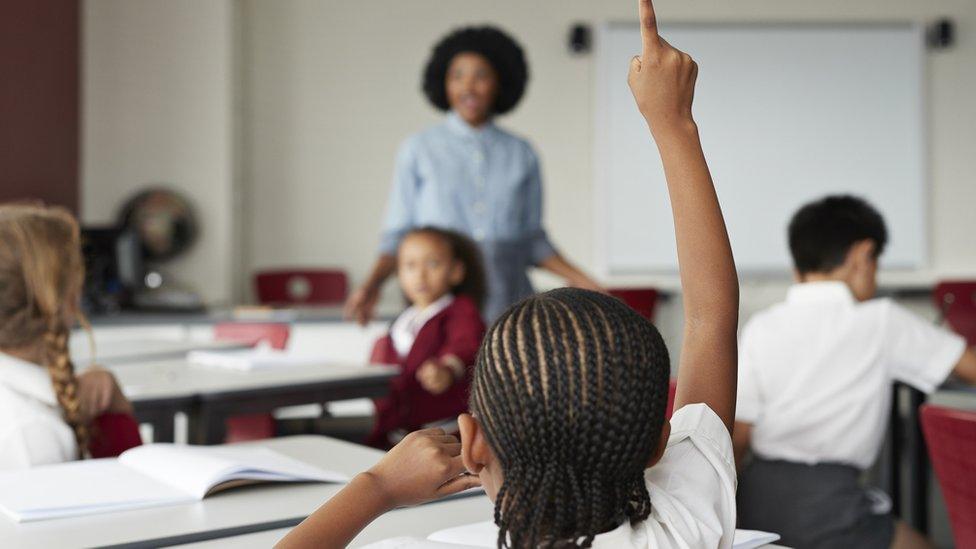
- Published21 February 2021

- Published22 February 2021

- Published23 February 2021
